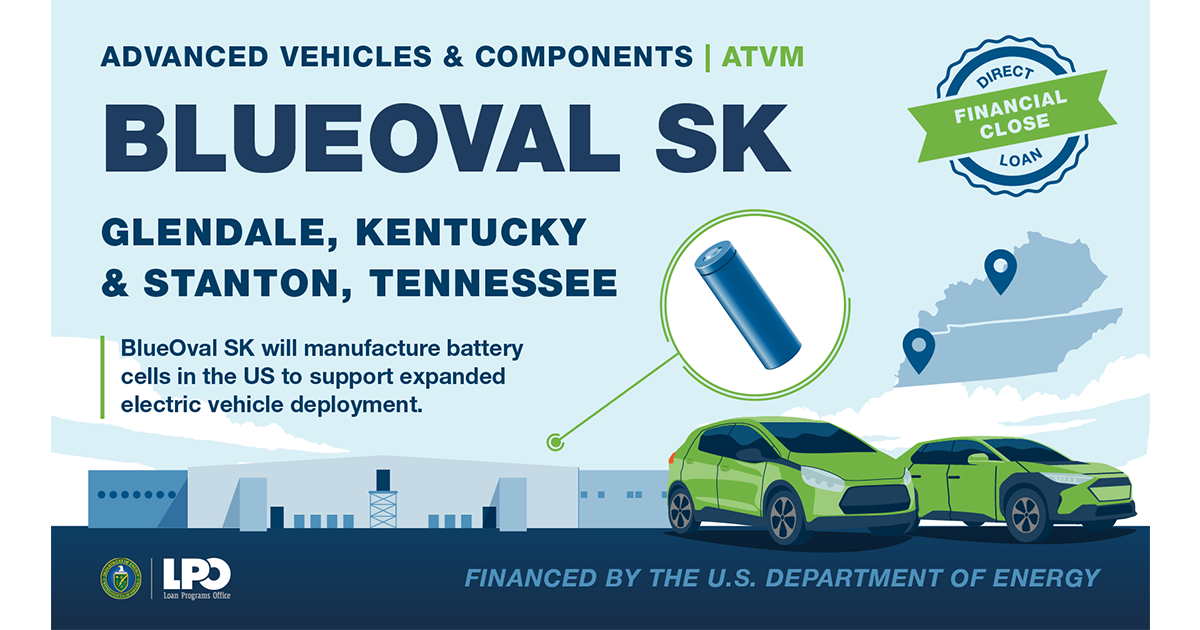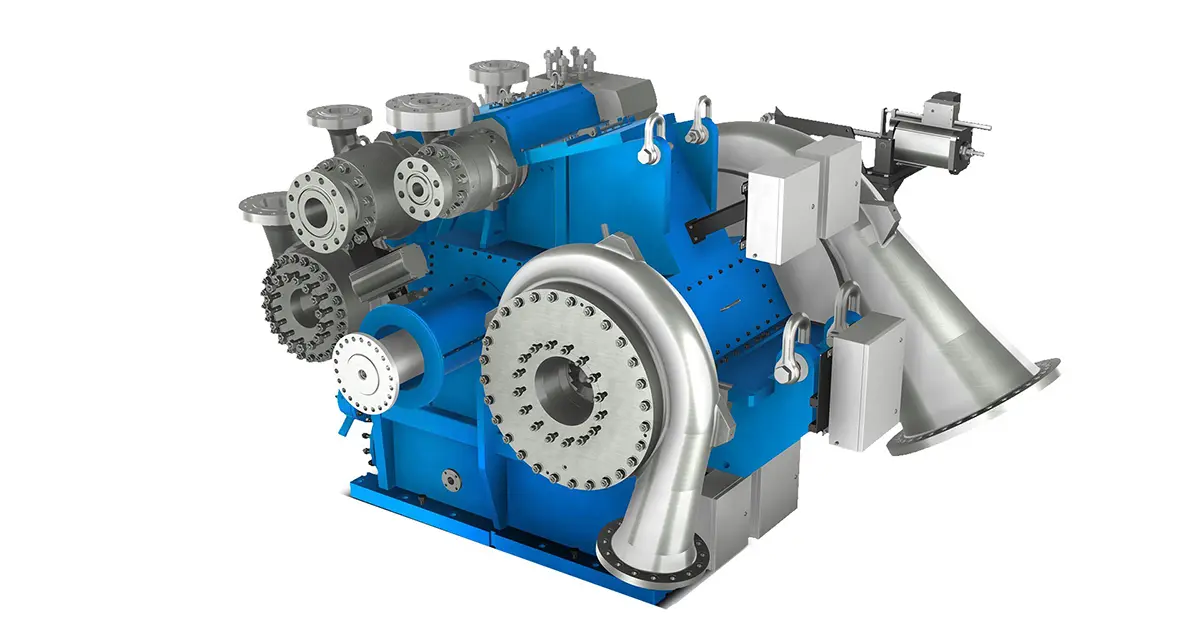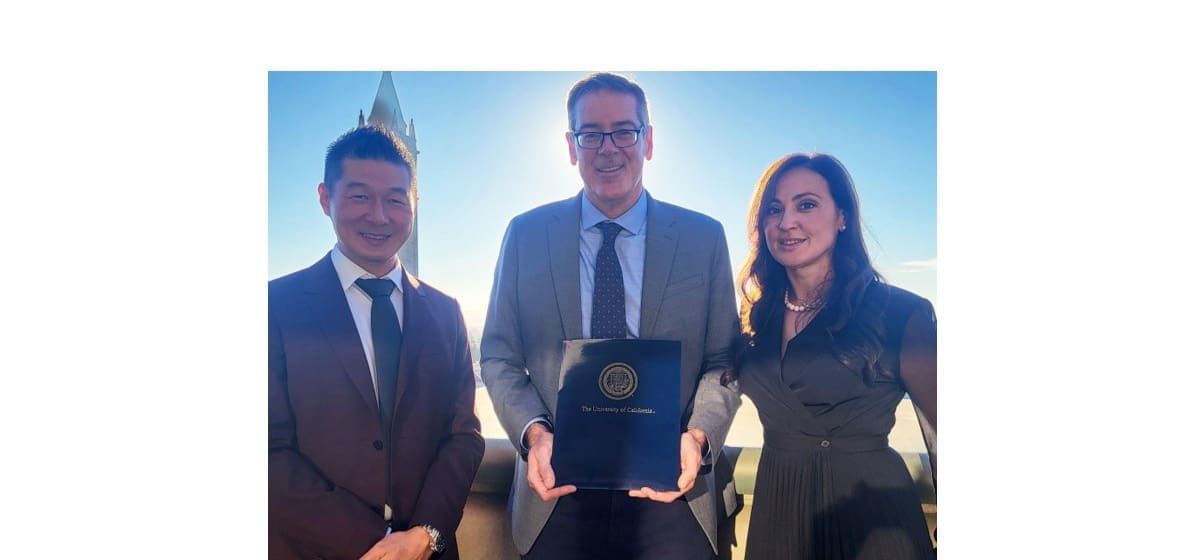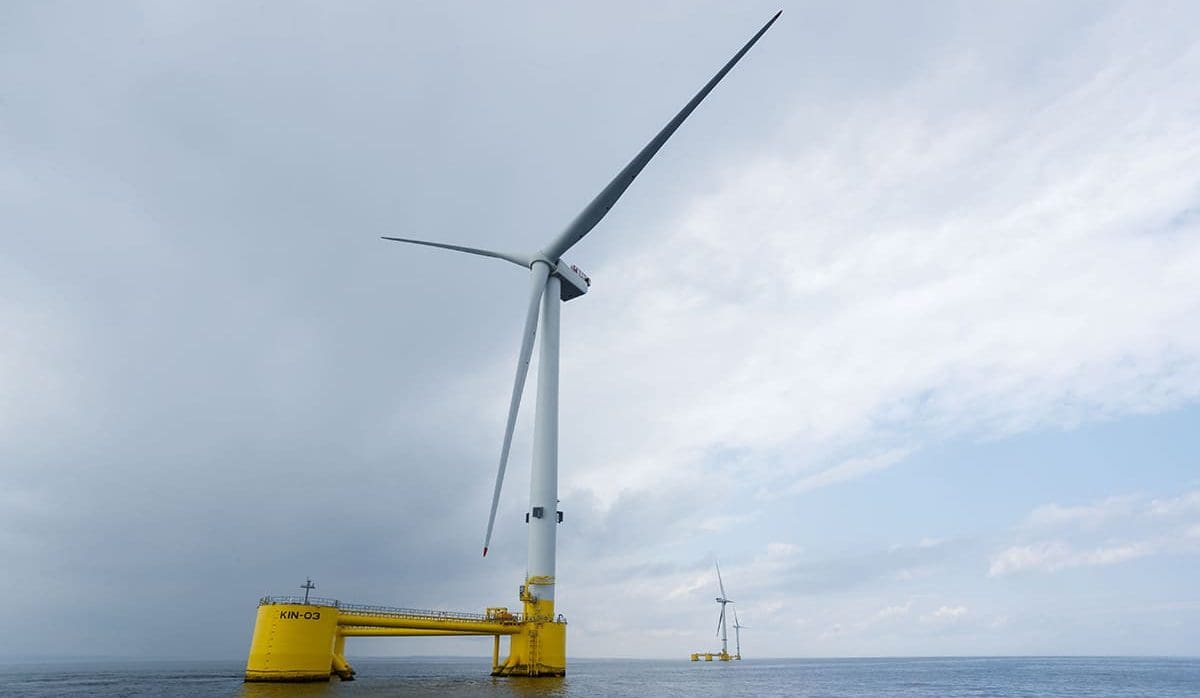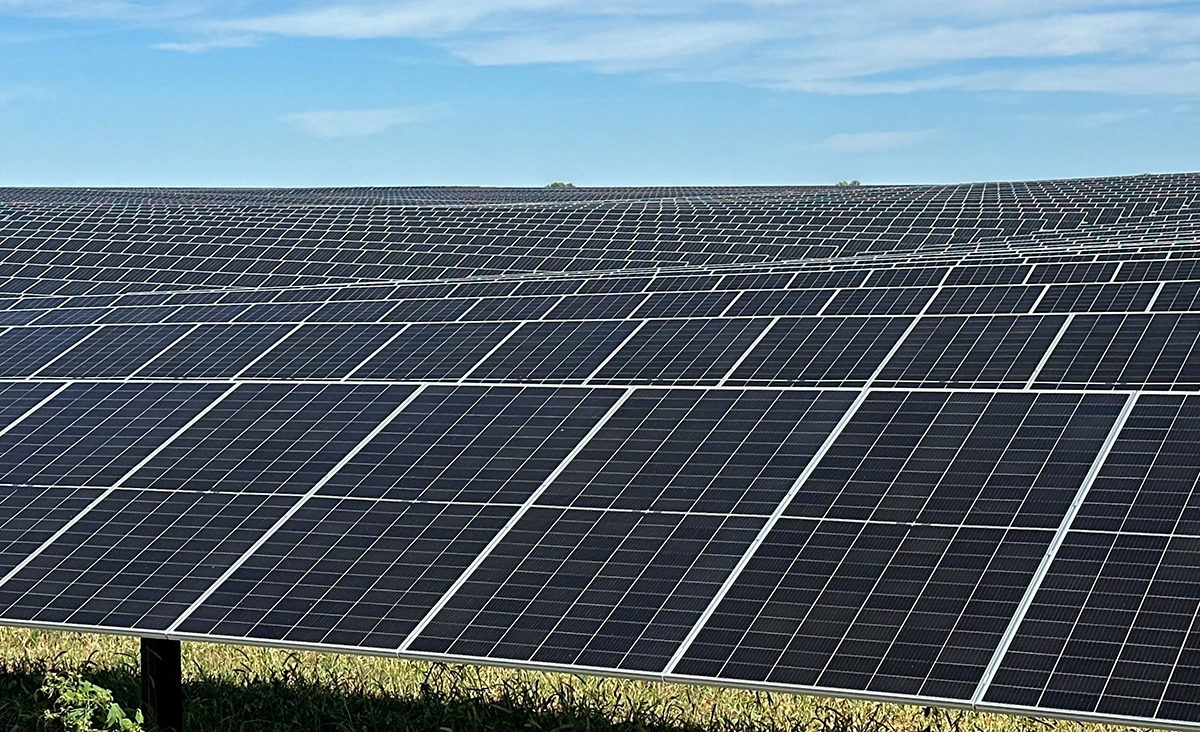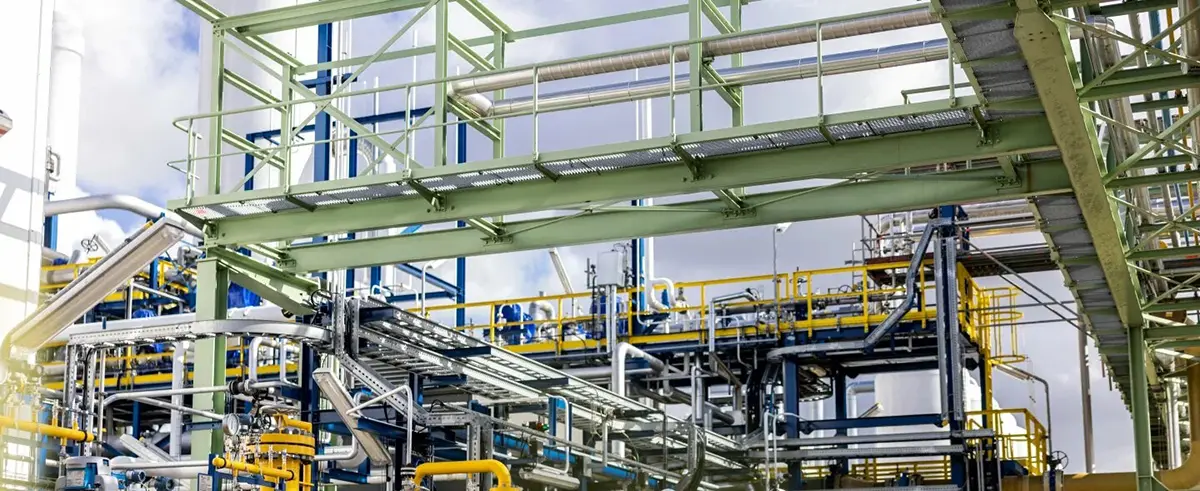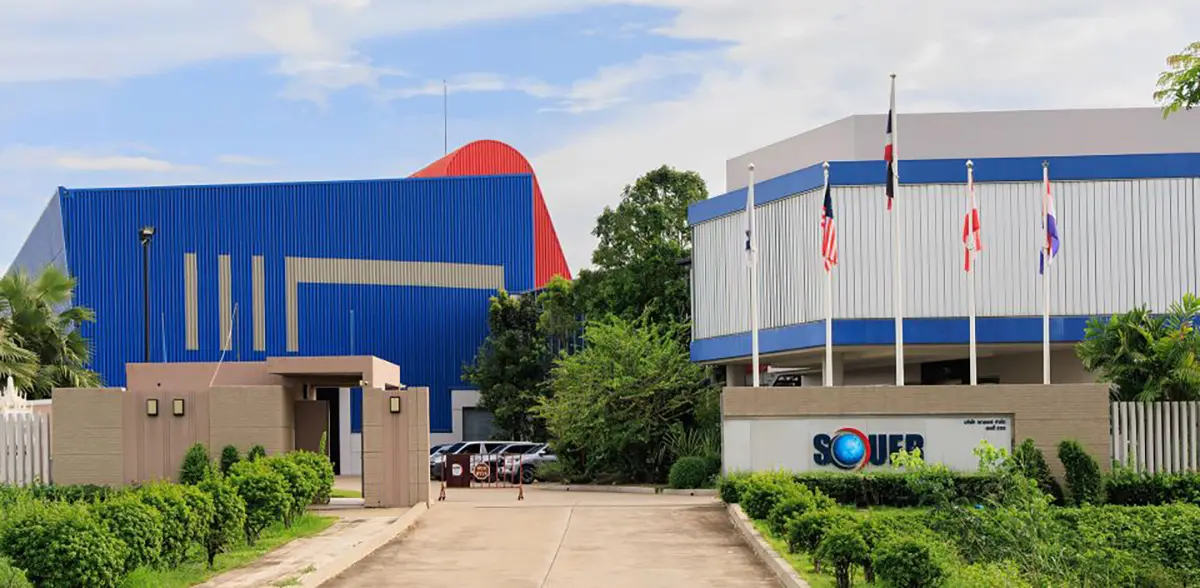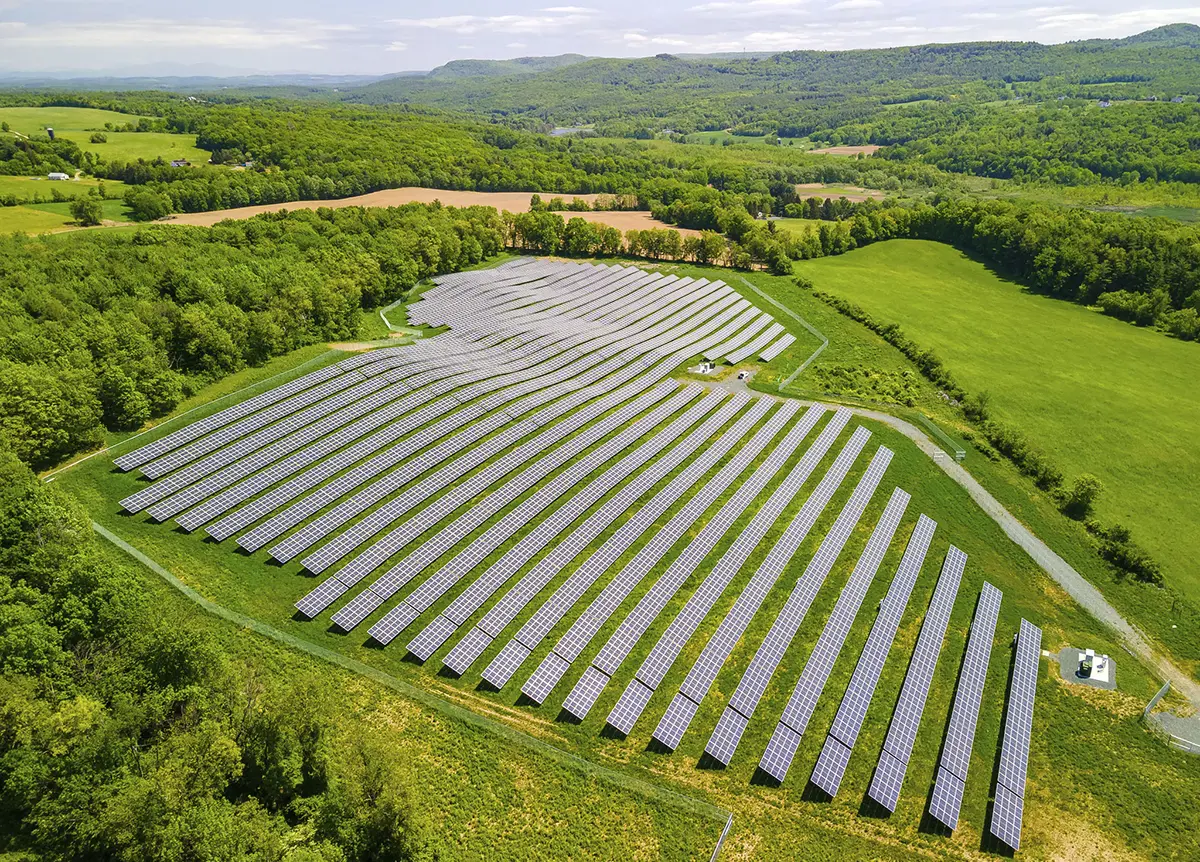
QatarEnergy Enters Five JVs For World’s Largest LNG Expansion Project
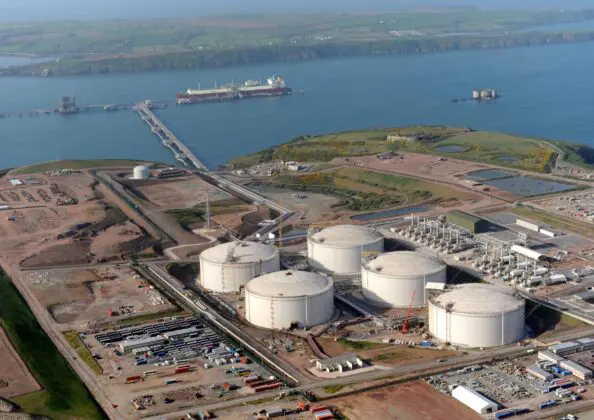
Since completing its 14th liquefied natural gas (LNG) train at RasGas 3 in 2010, Qatar’s LNG growth has been relatively muted. The country hasn’t constructed an LNG train in 12 years and is gradually losing its lead in the LNG export race as Australia and the United States gain ground. However, Qatar has plenty of untapped reserves left in its North Field cash cow.
Known as the North Field Expansion (NFE), Qatar plans on increasing its capacity from its current 77 MTPA to a staggering 125 MTPA by constructing four trains by 2025 and then adding two more by 2027. Each train is expected to have a capacity of 8 MTPA. In October 2020, QatarGas, which is 100% owned by QatarEnergy (QE), reaffirmed its intention to expand North Field production, receiving final proposals from engineering firms in September 2020. In 2021, QE began accepting bids from various engineering, procurement, and construction firms, as well as bids for financing. Over the course of June and July 2022, TotalEnergies, ExxonMobil, Shell, ConocoPhillips, and Eni each won a stake in the NFE.
Ownership Breakdown
If you go out and read the individual company announcements and press releases, the ownership stakes may be a bit confusing. However, it’s actually a fairly simple breakdown. At the time of this writing, QatarEnergy has entered five separate joint ventures (JVs) with American and European majors for the 32-MTPA North Field Expansion East (NFEE). As a reminder, NFEE is the first of two North Field Expansion phases. Three of the JVs are for a 25% stake in the NFEE, and two of the JVs are for a 1/8 stake in the NFEE. Add it all up, and the five JVs control a 100% stake in NFEE. However, QatarEnergy holds 75% stake in each of the five JVs and a 75% total ownership of the entire NFEE. TotalEnergies, ExxonMobil, and Shell each control a 1/16 stake in NFEE, while ConocoPhillips and Eni each have a 1/32 stake.
| Joint Venture | JV Stake In NFEE | LNG Trains | Stakeholder 1 | Stakeholder 2 |
| QatarEnergy And TotalEnergies | 25% | 8 | QatarEnergy: 75% Stake In JV, 6 MTPA Of LNG Capacity | TotalEnergies: 25% Stake In JV, 2 MTPA Of LNG Capacity |
| QatarEnergy And ExxonMobil | 25% | 8 | QatarEnergy: 75% Stake In JV, 6 MTPA Of LNG Capacity | ExxonMobil: 25% Stake In JV, 2 MTPA Of LNG Capacity |
| QatarEnergy And Shell | 25% | 8 | QatarEnergy: 75% Stake In JV, 6 MTPA Of LNG Capacity | Shell: 25% Stake In JV, 2 MTPA Of LNG Capacity |
| QatarEnergy And ConocoPhillips | 12.5% | 4 | QatarEnergy: 75% Stake In JV, 3 MTPA Of LNG Capacity | ConocoPhillips: 25% Stake In JV, 1 MTPA Of LNG Capacity |
| QatarEnergy And Eni | 12.5% | 4 | QatarEnergy: 75% Stake In JV, 3 MTPA Of LNG Capacity | Eni: 25% Stake In JV, 1 MTPA Of LNG Capacity |

Company Commentary
Total Energies Grows Global LNG Stake
TotalEnergies said that the project will apply the highest standards to reduce emissions. The native carbon dioxide (CO2) from natural gas production will be captured and sequestrated in a saline aquifer. In addition, the facilities will be connected to the country’s electrical grid, which will supply a growing portion of renewable electricity — in line with Qatar’s climate ambitions — thanks to the giant Al Kharsaah solar power plant, which is scheduled to come on stream in 2022, and in which TotalEnergies is a partner.
TotalEnergies is the world’s third-largest low-carbon LNG company, with a global market share of around 10% and a global portfolio of nearly 50 MTPA by 2025 thanks to its interests in liquefaction plants in all geographies. The company benefits from an integrated position across the LNG value chain, including production, transportation, trading, and LNG bunkering. TotalEnergies ambition is to increase the share of natural gas in its sales mix to 50% by 2030, reduce the gas value chain’s carbon emissions, eliminate methane emissions, and work with local partners to promote the transition from coal to natural gas.
ExxonMobil Closes In On 70 Years In Qatar
ExxonMobil has held a presence in Qatar since 1955 and was the largest foreign investor in Qatar’s early 2000s LNG infrastructure. According to ExxonMobil, the 8-MTPA JV bumps up its total Qatar LNG volumes from 52 to 60 MTPA. Like TotalEnergies, ExxonMobil is essentially gaining a 25% stake in one of the four LNG trains of the NFEE project.
Eni Becomes An LNG Player
Eni began a competitive process in 2019 that aims to boost its presence in the Middle East and lower the carbon footprint of its portfolio. Part of the transition will be shifting from oil to natural gas investment. Eni’s 1/32 stake in the NFEE project may not seem like much. But, it’s a big deal for Eni’s growing LNG portfolio and sets the stage for future partnerships with Qatar.
Impact On The Global LNG Industry
The total cost of the NFEE is estimated to be US$30 billion. QE’s partnerships will help reduce the financial risk and cost of the project. Qatar has a long history of partnering with European and North American firms on megaprojects. Over time, the partnerships increased Qatar’s access to end markets, allowed QE and its partners to learn from each other and share expertise, and aided in the feasibility of Qatar’s expensive projects. The scale and scope of QE’s megaprojects would make for speculative gambles and a risk management nightmare if it were to fully undertake them on its own.

Qatar’s race for LNG stardom is a bit misleading. The discovery and initial development of Qatar’s reserves was due to concessions with Western companies, many of which helped fund Qatar’s existing LNG projects. It’s many of these same companies that ended up winning bids for a share of the NFEE. Although all of Qatar’s LNG export capacity is operated by QE, a great deal of it, roughly one-third, is owned by European and American companies. In this vein, Qatar’s LNG expansion is a win for the US and European gas compression industry. The NFEE directly creates jobs. What’s more, the North Field Expansion is good business for American and European firms, which indirectly leads to even more job creation.
The NFEE will boost global LNG supply and reduce Russia’s grip over European and Asian buyers. In this vein, the successful and timely completion of the project can provide leverage for the European Union to sustain sanctions on Russia and a longer-term ban on importing Russian oil and natural gas.

